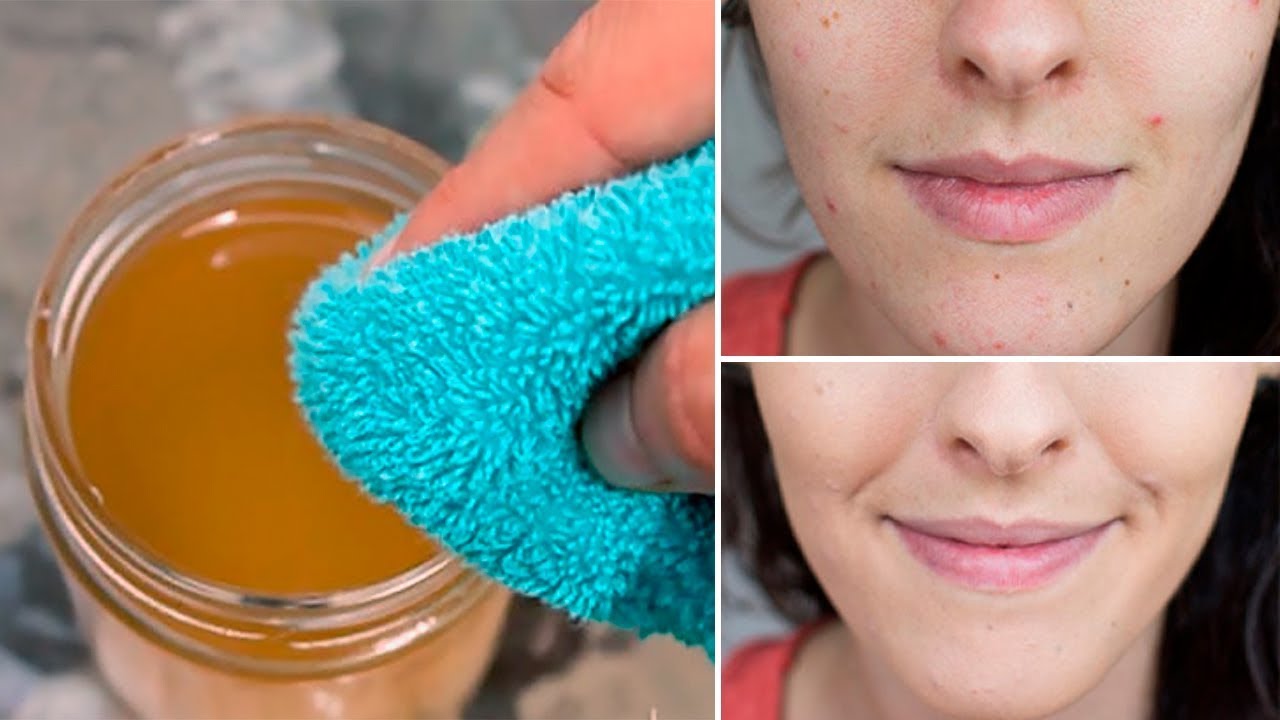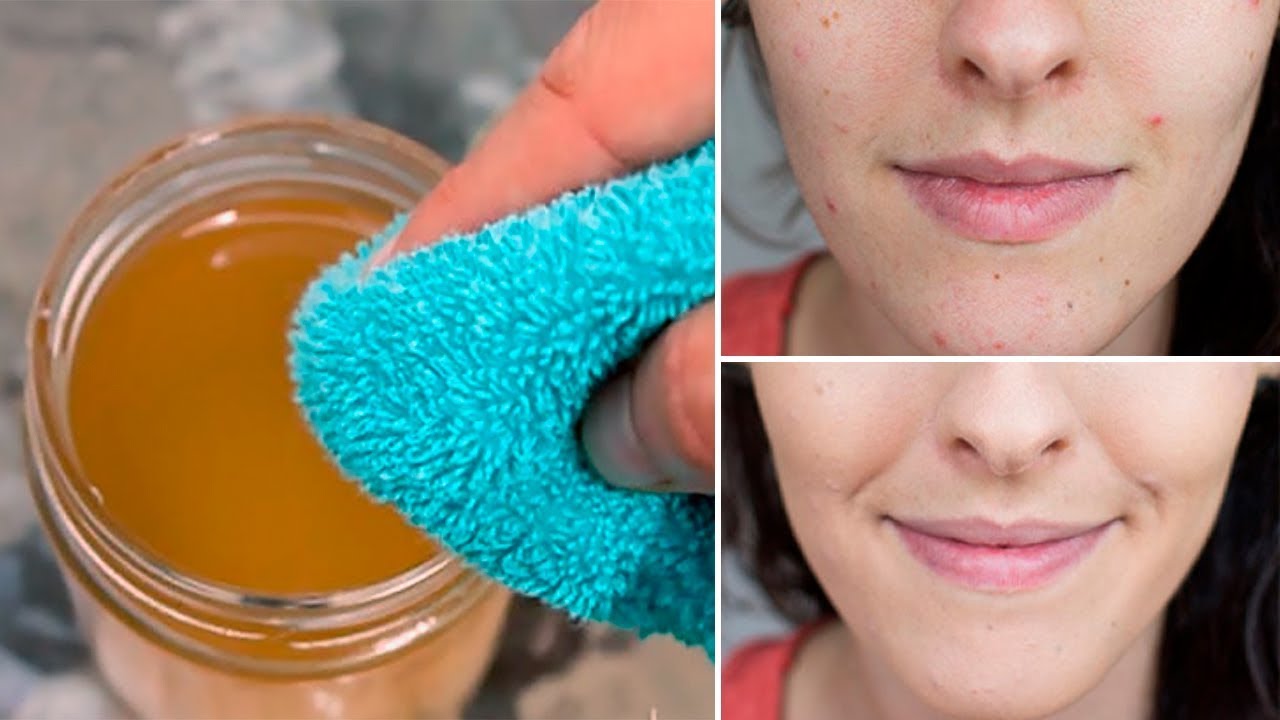
Apple cider vinegar (ACV) has gained popularity in skincare routines for its potential benefits, from balancing skin pH to fighting acne-causing bacteria. Using diluted apple cider vinegar as a facial rinse or toner can be a natural, affordable way to keep your skin healthy and clear. Here are some key reasons to consider adding apple cider vinegar to your skincare regimen:
1. Balances Skin pH
Healthy skin has a slightly acidic pH, which helps protect it from environmental pollutants and bacteria. Many cleansers and beauty products can disturb this balance, leading to dryness, irritation, or excessive oil production. ACV, when diluted, has a pH level close to that of the skin, helping restore its natural acidity and keeping your skin in balance.
2. Fights Acne-Causing Bacteria
Apple cider vinegar contains acetic acid, lactic acid, and malic acid, which have antimicrobial properties. These acids help fight acne-causing bacteria and may reduce breakouts. ACV’s antibacterial effects make it a great natural solution for keeping your skin clearer.
3. Exfoliates Gently
The natural acids in ACV can act as a gentle exfoliant, helping remove dead skin cells that can clog pores and cause dullness. Regular exfoliation with ACV can leave your skin looking brighter, smoother, and more even-toned.
4. Reduces Redness and Minimizes Pores
With its anti-inflammatory properties, apple cider vinegar can help reduce redness and irritation. It may also minimize the appearance of pores by tightening the skin slightly, giving it a smoother appearance over time.
5. Fades Dark Spots and Scars
The alpha hydroxy acids in ACV, such as malic acid, can aid in the reduction of dark spots, acne scars, and pigmentation. Consistent use may help even out skin tone and fade discoloration over time.
How to Use Apple Cider Vinegar on Your Face:
- Dilute the Vinegar: Mix 1 part apple cider vinegar with 3-4 parts water. Start with a higher water ratio to prevent irritation, especially if you have sensitive skin.
- Patch Test: Before applying ACV to your entire face, test it on a small patch of skin to ensure you don’t have a reaction.
- Apply as a Toner: After cleansing, soak a cotton pad in the diluted vinegar solution and gently apply it to your face, avoiding the eye area.
- Rinse (Optional): You can rinse your face with lukewarm water after a few minutes or leave it on as a toner.
- Moisturize: Follow up with a moisturizer to keep your skin hydrated.
Tips and Precautions:
- Always dilute ACV before applying it to your skin, as undiluted vinegar can be too harsh and may cause burns or irritation.
- Use ACV only once or twice a week to avoid over-drying your skin.
- If you have sensitive skin or any skin conditions, consult a dermatologist before adding ACV to your routine.
Incorporating diluted apple cider vinegar into your skincare routine can provide gentle exfoliation, help manage acne, and promote a balanced complexion. With proper dilution and usage, ACV can be a valuable addition to your natural skincare lineup.




